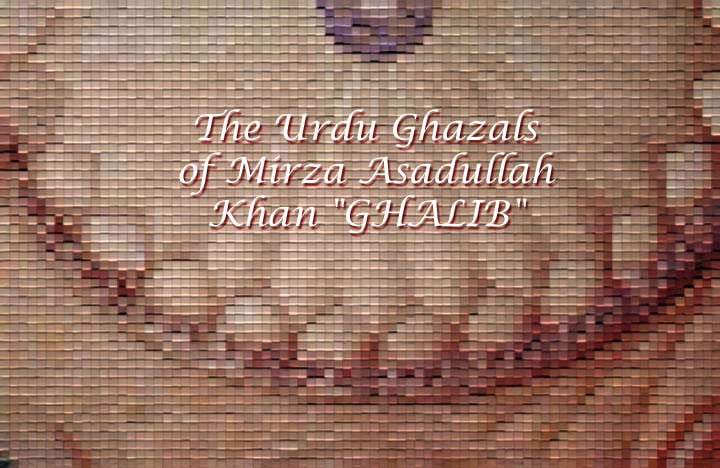by HAROON RASHID SIDDIQI

Dr Frances Pritchett has become Divan-e-Ghalib’s most faithful reader and interpreter
“Hindustan ki ilhami kitabain do hain: Muqaddas Vaid aur Divan-e-Ghalib.” These famous words were penned by Dr Abdur Rahman Bijnori in his seminal dissertation Mahasin-e-Kalam-e-Ghalib, which he was writing in 1918 when the merciless Spanish flu pandemic cut short his life at the prime age of thirty-three. Though his time was brief, he left behind a luminous treasure on Ghalib — posthumously published from Bhopal in 1921 — that remains one of the finest reflections on the poet’s genius.
His remark, audacious yet profoundly reflective, declared that India possessed two revealed scriptures — the sacred Vedas and Divan-e-Ghalib. It was not mere exaggeration but a recognition of the unfathomable depth of Ghalib’s poetry: its layered meanings, its metaphysical reach, its inexhaustible capacity to illuminate the human condition.
To truly fathom that ocean, to chart its boundless expanse and reveal its secret currents, has been the life’s work of many. Yet if there is one figure —whether from East or West — who has come closest to this Herculean task in our own age, it is undoubtedly Dr Frances W. Pritchett.
A scholar of Urdu and Persian literature, and Professor Emerita at Columbia University, Dr. Pritchett has given us what can only be described as a magnum opus: A Desertful of Roses. This vast online project is not merely a translation of Ghalib’s diwan but a luminous archive of meanings, a living museum where the voices of centuries of interpreters converge. If Ghalib’s poetry is scripture, then Pritchett has built for us its cathedral — an edifice at once scholarly and aesthetic, where every couplet blooms like a rose amid the desert sands of history.
Her achievement lies not only in her philological precision but also in her interpretive generosity. She resists the temptation of imposing a singular meaning on Ghalib’s couplets. Instead, she acknowledges that his words contain multitudes. Each sher [couplet] is presented with a constellation of readings drawn from the most authoritative commentators — Shibli, Hali, Tabatabai, Bekhud Dehalvi, Bekhud Mohani, Gyan Chand, Kalidas Gupta Raza, Yusuf Salim Chishti, and many others —so that the reader may witness the dazzling plurality of interpretation. Ghalib, after all, was a poet who relished ambiguity, who thrived on the shimmering instability of language.
Pritchett does not attempt to “solve” him; rather, she opens the door for us to wander his labyrinths.
Her website, accessible to all and continually refined, has become an indispensable resource for scholars, students, and lovers of Urdu poetry across the globe. With its bilingual presentation— Romanised Urdu text alongside English translations — it democratises access to Ghalib, ensuring that the poet who once claimed he was understood by none may now be encountered by anyone with curiosity and patience.
One of the subtle triumphs of A Desertful of Roses is how it situates Ghalib within the broader tapestry of Mughal aesthetics. The Mughal world, with its architecture of arches and domes, its miniature paintings, its intricate calligraphy, is not merely a historical backdrop — it is an interpretive symbolism. Pritchett’s work allows us to see Ghalib’s poetry as an extension of this sensibility: ornamental yet profound, playful yet grave, endlessly self-renewing. Much like the pietra dura in the Taj Mahal, where semi-precious stones are inlaid into marble, Ghalib’s words glisten with embedded allusions — to Quranic imagery, to Persian tropes, to philosophical paradoxes. Pritchett has curated these details with the care of a master archivist, so that readers are not merely reading verses but entering chambers of a palace, each more wondrous than the last.
What distinguishes A Desertful of Roses is its polyphonic nature. No interpreter of Ghalib is silenced; rather, all are invited to speak. This multiplicity echoes the poet’s own awareness of language’s infinite suggestiveness.
Express Tribune for more
